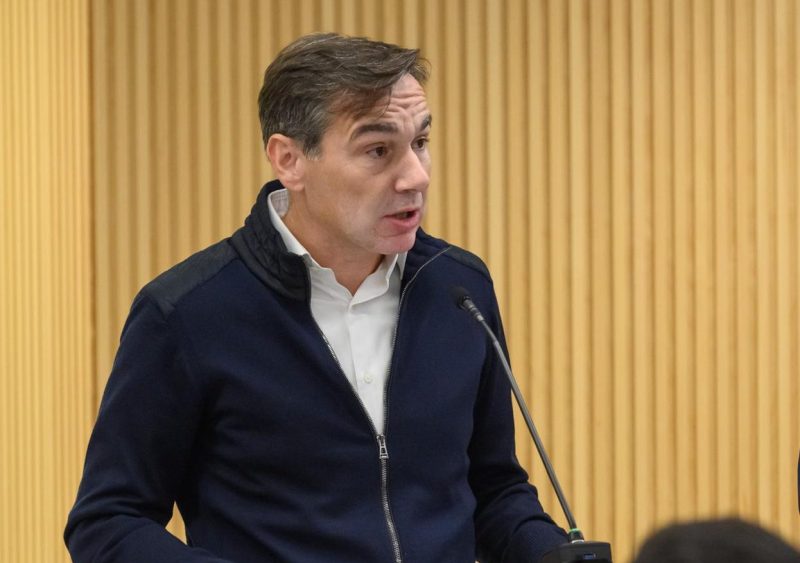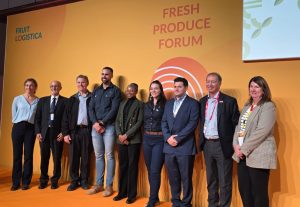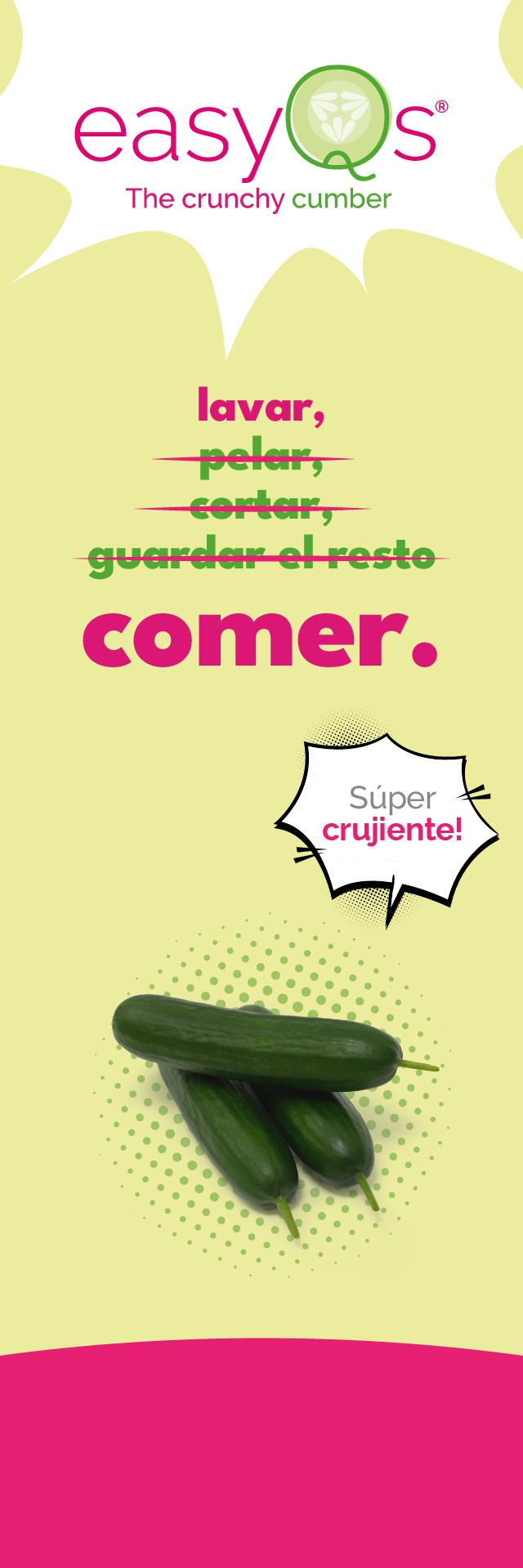A market without a clear horizon is a market that cannot move forward. With this premise, Pere Prats, president of the Fruit and Vegetable Wholesalers Association of Mercabarna (AGEM), delivers a firm message: “Our goal is to increase the duration of the current Administrative Authorisations. Without a stable framework, companies cannot plan investments, and without investments, there is no future.”
The current time frame runs until 2037, but wholesalers believe this period is insufficient to carry out profound transformations. Prats proposes extending the exploitation rights of market stalls “by at least another 20 or 25 years,” as was done in 2020, when market operators committed to investing more than 18 million euros in exchange for a 17-year extension, up to September 2037. Between 2014 and 2020, Mercabarna’s wholesalers invested nearly 40 million euros in infrastructure improvements (both shared and private).
If the Administrative Authorisations are extended, wholesalers are willing to repeat the formula: major investments in exchange for stability. The priorities are clear: cooling systems in the sales halls and improved exterior mobility to accommodate today’s heavy vehicles — the market streets were designed for 1970s trucks.
“The second major challenge is supporting companies in their digitalisation process, from management to customer relations,” says Prats. The goal is to modernise daily operations, facilitate online sales, and optimise logistics to meet increasingly dynamic and demanding customer needs.
Wholesalers move closer to the source
In parallel, more and more operators are choosing to integrate at source: either through direct investments in production, agreements with growers, or managing their own warehouses in key agricultural areas. “Anyone who wants to secure a specific product and work with large retailers needs to control one more link in the chain,” the president explains.
RELATED NEWS: Diego Martínez boosts operations with new warehouse and product lines
This trend allows companies to gain independence, strengthen supply, and offer a more competitive and stable service. “You’re less exposed to market fluctuations if you also control part of the production,” he adds.
Proactive sales teams
The market is also undergoing a commercial transformation. Traditional in-person sales remain, but they are losing ground to more proactive models. “We are clearly seeing a shift: salespeople no longer wait for the customer at the stand—they go out to find them. Especially in exports,” says Prats.
Sales teams are adapting to a new reality: combining physical contact — still valued by many foreign clients who travel to Mercabarna — with personalised remote service. “The customer comes one day, sees the produce, and the rest of the week orders by phone. This hybrid sales model is increasingly common,” he explains.
Many family businesses are now transitioning to the third or fourth generation, and young people need a forward-looking business to get involved. “A 12-year horizon is too short to justify a major investment or commit to an ambitious plan,” Prats emphasises.















